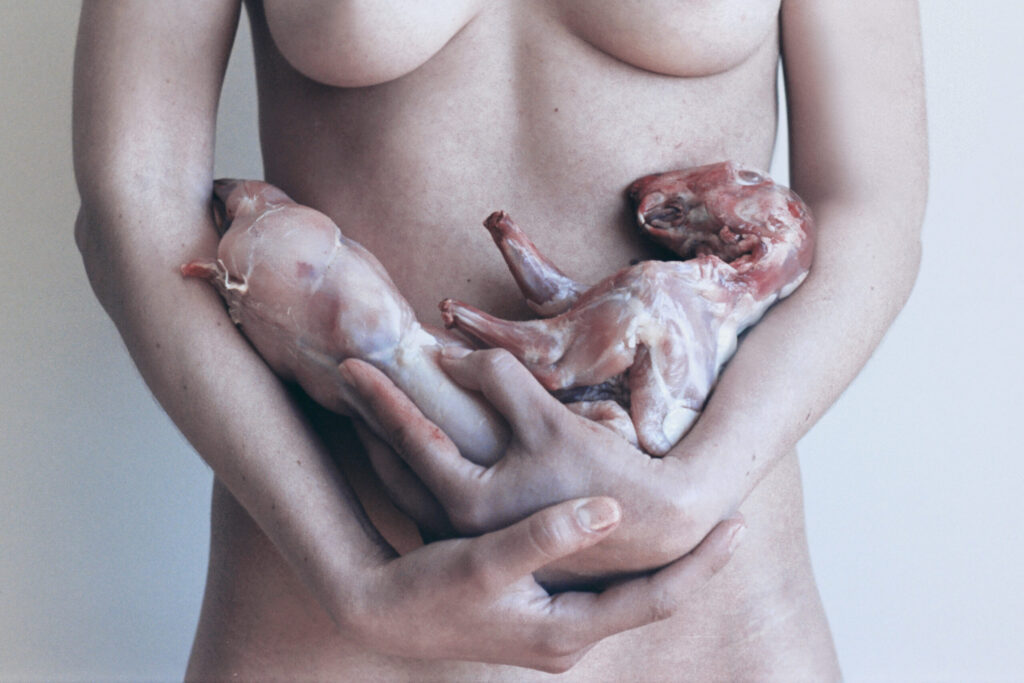
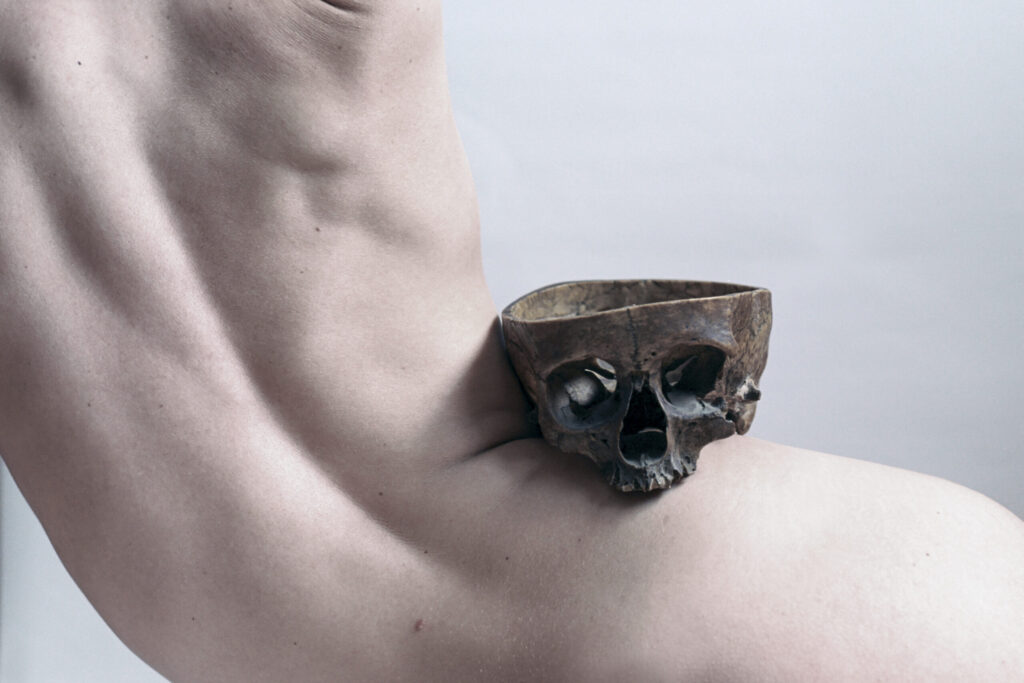
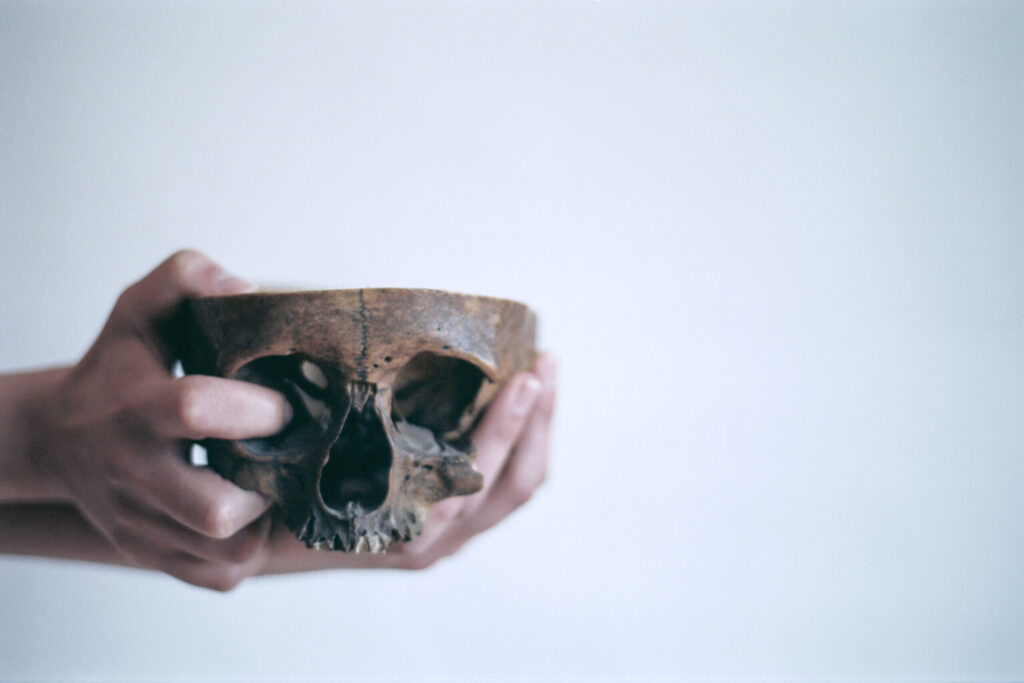
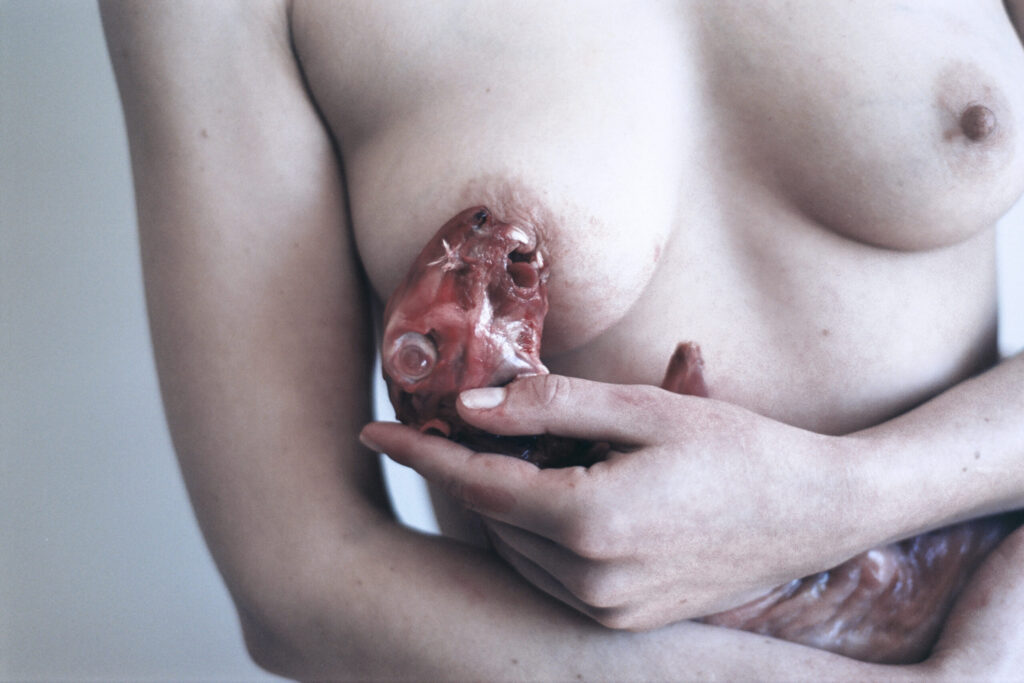
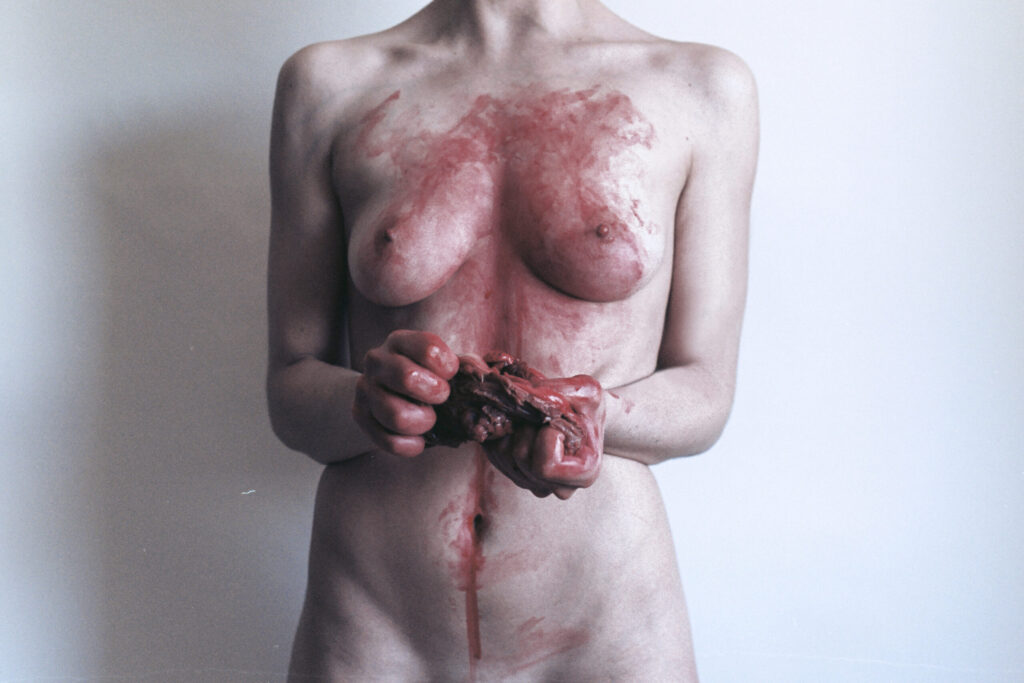
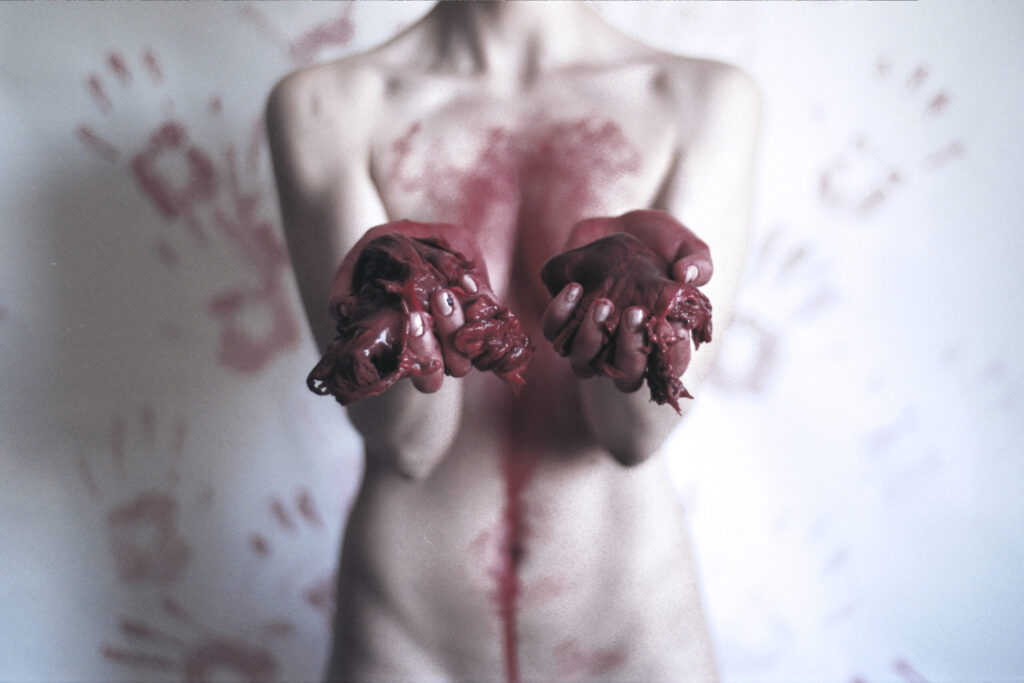
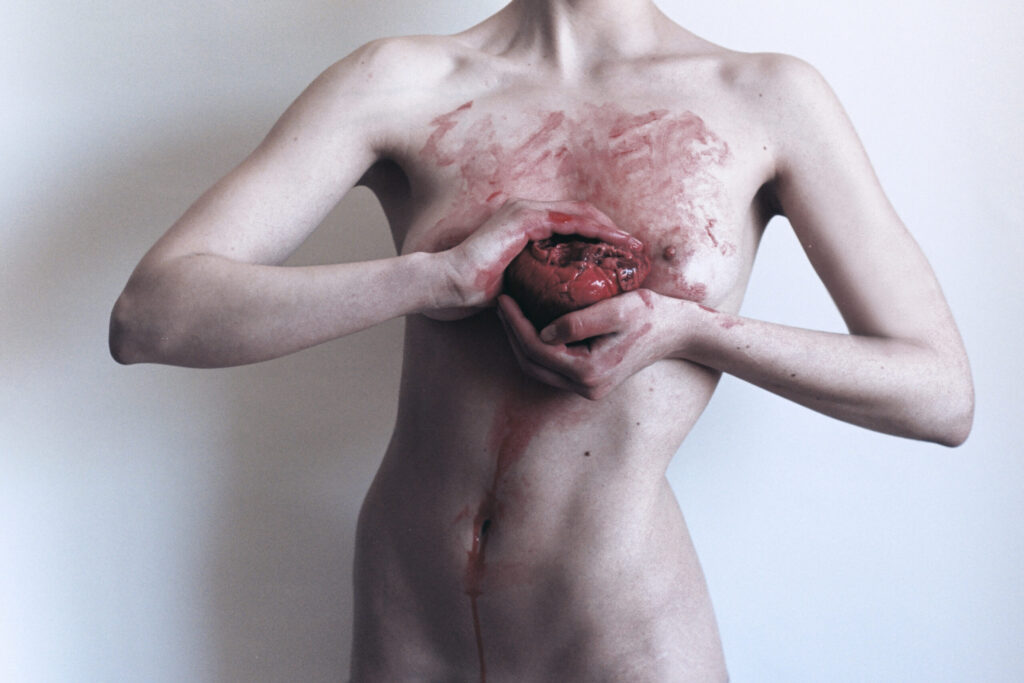
“Cascando” is a poem that is hard to understand, with words that are made up and so can’t be translated, grammar that doesn’t follow the rules, and metaphors of romantic confusion. These, as is often the case with Beckett, are usually expressed using music rather than being strictly accurate. It is not a love poem; it is a poem about love, about one particular love.
It is intense and violent, as if loving were horrible. Love makes us vulnerable, and this vulnerability is inevitable and undesirable. It makes us lay down our defences and open the way for someone to destroy us from within. In this way, we give something of ourselves, a piece of our life, without anything being asked of us. Love makes us hostages.
It is also about love. It is a love that will not be the first, plunging him into the incomprehensible and undeniable fragility of this condition. This love consumes and pains him, yet he continues to love regardless. Added to this is the doubt: will I ever have someone other than you? Will I have someone other than you? Will you have someone other than me? Here, love is also a nuisance. It is like a piece of clothing that does not fit well, but which we still want to wear. It is a contradiction.
It enters us, spreads, takes over, becomes ingrained, and ultimately destroys us. It hurts. It is not just imaginary or mental pain; it is a pain of the soul that manifests as unbearable physical pain. It tears us apart. But we love. We continue to love. Above all, we want to continue loving.
Love is the most universal language of all. Everyone has experienced love and loss. Everyone has suffered for love. Everyone has ‘died’ for love. ‘Death from love’ has been scientifically proven. It is a rare but fatal disease called ‘cardiomyopathic stress’ or ‘broken heart syndrome’, which is caused by emotional stress. Researchers in neurology and psychiatry have concluded that love is linked to physical pain. Using magnetic resonance imaging, they discovered that areas of the brain associated with physical pain also become active in response to emotional pain. In certain cases, the brain releases chemicals that can significantly weaken the heart, resulting in severe chest pain and shortness of breath. Love hurts. And it kills.
I created Rasganço from this poem.
‘Rasganço’ is my interpretation of the poem: what it means to me, how I feel about it, and what I see when I read it. It is a depiction of a love that is torn, broken and dead. I wanted violent images that were simultaneously innocent and fragile to show the dual nature of love. I opted for a self-portrait because the poem, its theme and its pain are so intimate. I stripped myself bare and vulnerable, using my body to show my pain and open the way for others to see my fragility. However, I never showed my face, making ‘hard’ cuts on my neck and showing only a feeling or state, not an ‘identification’. I was inspired by Samuel Beckett, a playwright, poet and author of ‘absurd’ yet so coherent texts. I researched the works of authors who had already explored the themes of my quest: pain, death (physical or otherwise), vulnerability, fragility, and visual violence.
These include Sally Mann, Joel Peter Witkin, Antoine D’Agata, Andrés Serrano, Ralph Eugene Meatyard, Francesca Woodman and Gottfried Helnwein.
Initially, I created digital images to help me develop my ideas and allow me to experiment freely. I incorporated elements from the poem, as well as using others as metaphors for my own interpretation. Once I had constructed these images, I moved on to the analogue process.
I used a Nikon F3 with a fixed 50 mm lens and an f:1.8 aperture, as well as Ektar 100 film. Using the digital images as a reference and with a mirror in front of me, I asked someone else to focus on what I wanted and take the picture using the timer.
2021
Cascando
1
why not merely the despaired of
occasion of
wordshed
is it not better abort than be barren
the hours after you are gone are so leaden
they will always start dragging too soon
the grapples clawing blindly the bed of want
bringing up the bones the old loves
sockets filled once with eyes like yours
all always is it better too soon than never
the black want splashing their faces
saying again nine days never floated the loved
nor nine months
nor nine lives
2
saying again
if you do not teach me I shall not learn
saying again there is a last
even of last times
last times of begging
last times of loving
of knowing not knowing pretending
a last even of last times of saying
if you do not love me I shall not be loved
if I do not love you I shall not love
the churn of stale words in the heart again
love love love thud of the old plunger
pestling the unalterable
whey of words
terrified again
of not loving
of loving and not you
of being loved and not by you
of knowing not knowing pretending
pretending
I and all the others that will love you
if they love you
3
unless they love you
Samuel Beckett, 1936